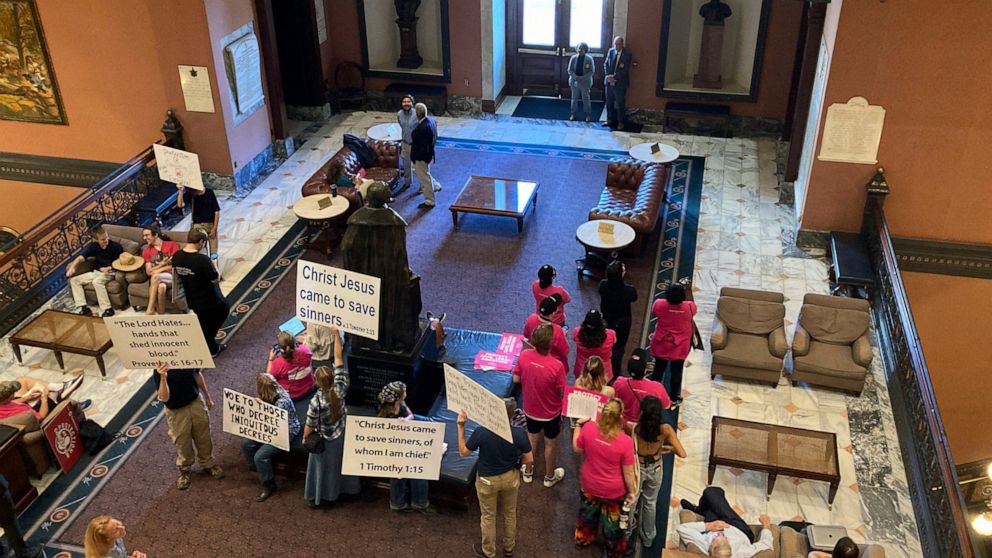
In a case that could determine the scope of the state’s abortion restrictions, South Carolina Supreme Court justices grilled lawyers on the scope of the right to privacy on Wednesday.
The hearing was the most recent legal challenge to South Carolina’s 2021 ban on abortions after a cardiac activity is detected, which is usually around six weeks, with exceptions for pregnancies caused by rape or incest, or those that endanger the patient’s life.
The law, which had previously been suspended by federal courts, went into effect shortly after the United States Supreme Court overturned Roe v. Wade. In August, the state’s high court temporarily halted it while the justices deliberated on this case.
The challengers’ attorney, Julie Murray of the Planned Parenthood Federation of America, argued that the state’s right to privacy, ratified in 1971, should be broadly interpreted to include abortion.
Justice John Kittredge stated that privacy is not an “amorphous” right and that an objective legal framework is needed to determine how far it should extend.
Murray acknowledged that privacy is not absolute, citing the Supreme Court’s decision in Singleton v. State in 1993. In that case, the court ruled that if South Carolina forced medication on a man on death row solely to facilitate execution, his privacy would be violated. As a result, Murray asserted that the right to privacy includes the right to bodily autonomy, and thus abortion.
When Chief Justice Donald Beatty asked if the court could simply overturn the ban without addressing the question, Murray responded that the court could rule in a limited way that the law posed an “unreasonable burden.” “violation of privacy
According to Justice John Few, abortion may be a “private matter.” “However, the state constitution allows for “reasonable restrictions” on privacy rights. Few sought data on how many women know they are pregnant at six weeks to determine the ban’s justification.
Justice Kaye Hearn, who admitted at one point that she was the only woman on the bench, noted that age and socioeconomic status influence period cycles and access to tests, making a general answer difficult.
Few believe it is significant if “more than a handful of women” are unable to make an informed decision at six weeks, as required by law. He was disappointed that the justices lacked more specific information.
Kevin Hall, a state legislator’s lawyer, argued that historical precedent shows that the right to privacy only applies to searches and seizures. Justices questioned whether that interpretation was too narrow. When Few asked if the Legislature could thus restrict birth control, Hall said no.
Beatty inquired as to whether a person has the right to make their own medical decisions. Yes, according to Hall, that right is protected by due process. However, Hall claims that abortion differs from medical treatments in that it involves multiple interests: “the story of the life of the unborn and the patient.
Hearn pointed out that the American College of Obstetricians and Gynecologists, among many other medical organizations, has stated that the cardiac activity commonly detected around six weeks is not a heartbeat, but rather electrical impulses. Hall stated that there is a 95% correlation between cardiac activity at that stage and live birth, without “quibbling over terminology.”
The hearing came just one day after the South Carolina Senate rejected a proposal to outlaw nearly all abortions in the state for the second time. To iron out the differences between the House and Senate bills, a conference committee was formed.
Meanwhile, Beatty has stated that the court’s decision may take some time. “We appreciate the civility,” Beatty said before the meeting adjourned.
“We didn’t want to be distracted from this very serious debate,” he added.

